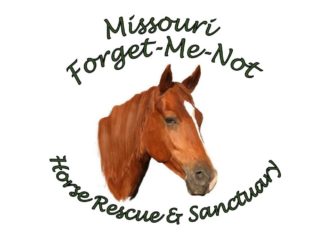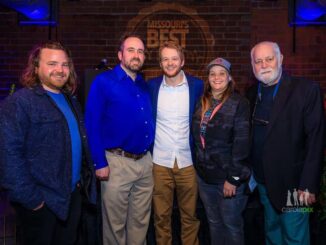
With the need to practice social distancing has come the need for many parents to be first-time homeschool teachers.
Depending on how many resources your school has provided, tracking down the needed resources and materials to get started can feel like a daunting task.
A good starting point for core subjects is the Core Knowledge Foundation (www. coreknowledge.org.) The organization offers detailed curricular guidance, which lays out what children should know at each grade, as well as provides some of the needed materials.
Here are some more ideas and free online resources to help you begin your homeschooling journey.
MATH
Khan Academy is useful for students (and parents) who struggle with math. Founder Salman Khan publishes short videos explaining math concepts. Then students can practice what they know with online practice questions and quizzes. The site covers math concepts from basic counting through high school AP classes. Parents can sign up as teachers, which allows them to assign content for students to cover and track their progress. While you’re there, check out the other course offerings, which include science and engineering, arts and humanities, social-emotional learning, economics and finance, computing, test prep and more.
READING
Research shows that it’s good for children to not just read on their own but to have books read aloud to them. Check out the Storyline Online channel on YouTube, where celebrities read children’s books for the camera, along with illustrations. The channel comes from the SAG-AFTRA Foundation’s award-winning children’s literacy website Storyline Online, and has featured readings by Betty White, Oprah Winfrey, Kristen Bell, James Earl Jones and Al Gore. To keep kids writing and help them process their feelings about the upheaval in their schedule, include journaling in their language arts time each day. Ask younger kids to make a video journal about what’s happening each day and how they feel. Older kids can write anywhere from a couple of sentences to a few paragraphs each day.
SCIENCE
The web has a wealth of resources for science education. If your children are visual learners, check out the TV series Xploration DIY Sci, available through Amazon Prime Video and through some cable TV packages. Each episode sees scientist Steve Spangler tackle a science topic with hands-on experiments and analysis. Discovery Education is offering its entire library of science content available free to any school or teacher that requests it. Email your school or school district to ask about setting up access. If your child is interested in computer programming, take a look at Amazon’s Future Engineer program at www. edhesive.com/amazon/free_ access. The program is being offered free to U.S.-based parents during the COVID-19- related school closures. Courses include basic coding for middle-schoolers, and courses in Python, AP computer science and Java programming for high-schoolers.
SOCIAL STUDIES
Head to Thought.co for a list of free printable social studies worksheets covering everything from Medieval times to World War II to Black History Month. For more visual learners, the Crash Course channel on YouTube features fun animated videos for kids about a range of topics, including world, U.S. and European history. Some titles have included “World War II,” “Economic Depression and Dictators,” “Post World War II Society and Economy,” “The Monarchy: European History,” and “The Atomic Bomb.” Similarly, the LibertyKidsTV YouTube channel covers American history through animated videos .


